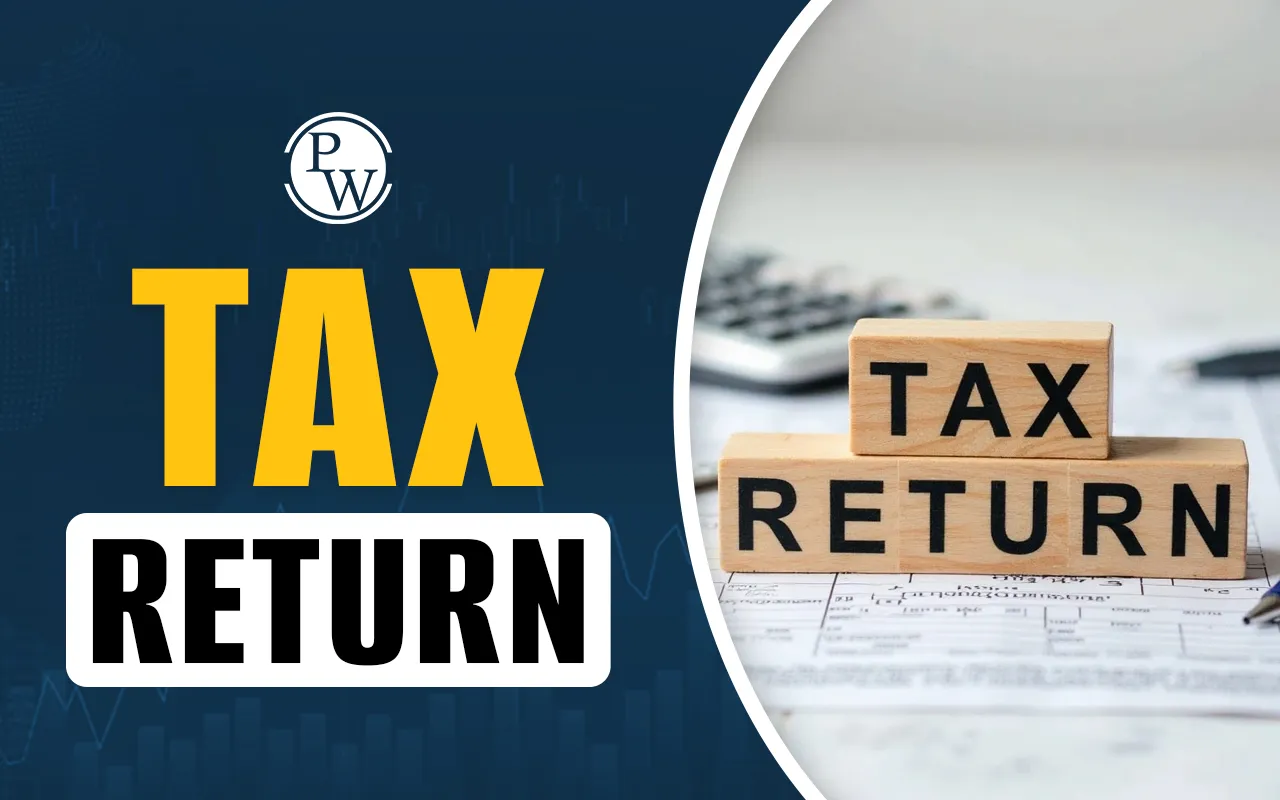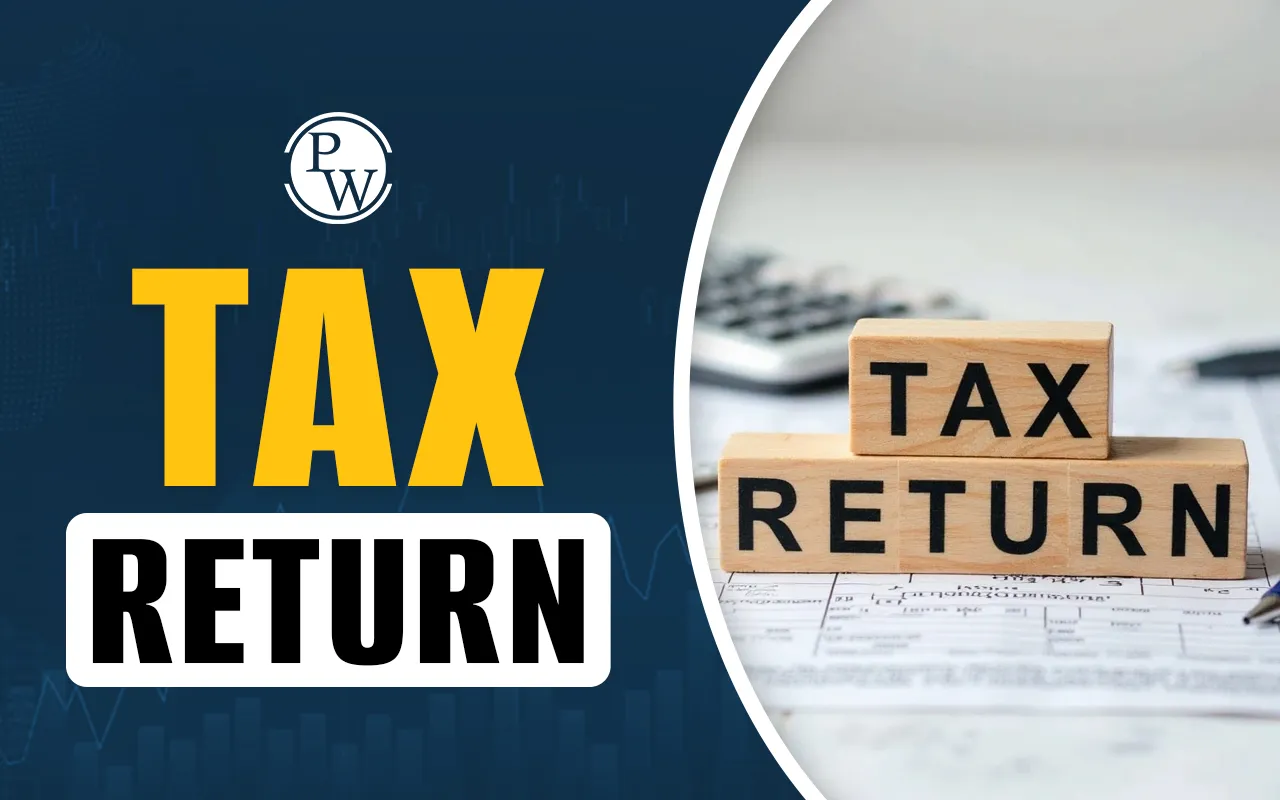

Tax return, what is it? what does it constitute?, is vital for remaining compliant and possibly enhancing your financial advantages. Most individuals don’t have to keep tax returns and other tax documents indefinitely…but it’s wise to retain them for some time. The extent to which the government can review past tax returns is limited, though the specific timeframe varies based on the circumstances. Conversely, there could be motivations for retaining tax documents well beyond the IRS's deadline.
The duration for retaining a document relies on the action, cost, or occurrence that the document reflects. Typically, you need to maintain your documentation that backs up an item of income, deduction, or credit reported on your tax return until the statute of limitations for that tax return expires.
What constitutes a Tax Return?
A tax return consists of one or more forms submitted to the government (federal, state, or local) to declare your income, deductions, and credits, and to determine the tax you owe or the refund you may receive. It is essentially an overview of your financial transactions for a designated tax year (usually January 1st to December 31st). The tax return acts as a balance between the taxes you've already remitted during the year (via payroll deductions or estimated tax payments) and your true tax obligation.
Sections of a Tax Return
A tax return is generally composed of several key sections, each serving a specific purpose. The vital sections are mentioned below
Income
This part of the return details all your sources of income. This typically includes:
- Wages, Salaries, and Tips: Reported on Form W-2, provided by your employer.
-
Self-Employment Income: Reported on Schedule C (Profit or Loss from Business (Sole Proprietorship)).
-
Interest and Dividends: Reported on Schedule B (Interest and Ordinary Dividends).
-
Capital Gains and Losses: Reported on Schedule D (Capital Gains and Losses).
-
Rental Income: Reported on Schedule E (Supplemental Income and Loss).
-
Retirement Income: Distributions from pensions, annuities, IRAs, and 401(k)s.
-
Unemployment Compensation: Received from government agencies.
-
Other Income: Includes alimony, royalties, prizes, and awards.
Deductions
This section allows you to reduce your taxable income further, either by taking the standard deduction or itemizing your deductions.
Standard Deduction: A fixed amount based on your filing status. The amount typically increases annually.
Itemized Deductions: Allows you to deduct specific expenses, such as:
-
Medical Expenses: The amount exceeding 7.5% of your AGI.
-
State and Local Taxes (SALT): Limited to $10,000 per household. Includes property taxes, state and local income taxes (or sales taxes).
-
Home Mortgage Interest: On loans up to a certain amount.
-
Charitable Contributions: To qualified organizations.
The decision of whether to itemize or take the standard deduction depends on which yields the lower taxable income.
Tax Credits
Tax credits directly reduce your tax liability, dollar for dollar. They are generally more valuable than deductions because they reduce the amount of tax you owe, rather than just your taxable income. Common tax credits include:
-
Child Tax Credit: For each qualifying child.
-
Earned Income Tax Credit (EITC): For low-to-moderate income workers and families.
-
Child and Dependent Care Credit: For expenses paid for childcare so you can work or look for work.
-
Education Credits: Such as the American Opportunity Tax Credit (AOTC) and the Lifetime Learning Credit.
-
Energy Credits: For investments in energy-efficient home improvements.
Also Check: How To Change Career To Accounting?
IRS and the Importance of Record Retention in Taxes
Keeping accurate and organized records is a crucial aspect of managing your taxes, whether you're an individual or a business owner. The Internal Revenue Service (IRS) emphasizes the importance of proper record retention, and understanding their guidelines can save you time, money, and potential headaches.
Why Record Retention Matters?
The IRS requires taxpayers to maintain records that support the information reported on their tax returns. These records are essential for the following reasons:
-
Supporting Your Tax Return: In the event of an audit, your records serve as evidence to justify the income, deductions, and credits you've claimed.
-
Calculating Taxes Accurately: Accurate records allow you to correctly calculate your tax liability, minimizing the risk of errors or overpayments.
-
Claiming Deductions and Credits: Certain deductions and credits require specific documentation, and without it, you may lose out on valuable tax benefits.
-
Providing Documentation for Business Expenses: Businesses need to retain records of all expenses, including receipts, invoices, and bank statements, to support their business deductions.
How Long Should You Keep Tax Records?
The length of time you should retain tax records depends on the type of record and the potential actions the IRS may take. Here are some general guidelines:
General Three-Year Rule
The IRS generally has three years from the date you filed your return to assess additional taxes. Therefore, you should keep your records for at least three years from the date you filed your original return, or two years from the date you paid the tax, whichever is later.
Six-Year Rule for Substantial Understatement of Income
If you omitted more than 25% of your gross income, the IRS has six years to assess additional taxes. Retain your records for at least six years in this case.
Indefinite Retention for Fraudulent Returns or Failure to File
If you filed a fraudulent return or failed to file a return, there is no statute of limitations. Keep your records indefinitely in these situations.
Records Related to Assets
Keep records related to assets, such as real estate, stocks, and bonds, for as long as you own the asset, and for at least three years after you sell or dispose of it. These records are needed to calculate your gain or loss when you sell the asset.
Types of Records to Keep
Maintaining organized records can seem daunting, but getting started is the first step. Here's a checklist of essential records to retain:
-
Income Records: W-2 forms, 1099 forms, bank statements, and records of self-employment income.
-
Deduction Records: Receipts for charitable donations, medical expenses, business expenses, and home office expenses.
-
Credit Records: Documentation for credits like the child tax credit, earned income tax credit, or education credits.
-
Asset Records: Purchase agreements, sales agreements, and documentation of improvements or repairs.
-
Tax Returns: Copies of your filed tax returns (federal, state, and local).
Tips for Effective Record Retention
Even after maintaining a soft copy and a hard we tend to forget some of the documents.You can store tax returns and supporting documentation in either paper or electronic format. Electronic storage is generally more convenient and space-efficient. If storing documents electronically, be sure to back them up regularly to avoid data loss. So listed below are a few effective ways for record retention
-
Create a System: Develop a system for organizing your records, whether it's physical or digital.
-
Scan Documents: Scan physical documents and save them to a secure cloud storage or external hard drive.
-
Use Accounting Software: Consider using accounting software to track income and expenses.
-
Consult a Tax Professional: Seek guidance from a tax professional to ensure you comply with all relevant tax laws and regulations.
Understanding what a tax return is, its components, and how long to retain these documents is vital for responsible financial management and compliance with tax laws. While the process may seem daunting, utilizing available resources and understanding the basics can make tax season significantly less stressful.
Build Your Career with a Certificate Program in Accounting, Taxation, and Finance
The objective of the PW Certificate Program in Finance, Tax, and Accounting is to provide you with the skills, information, and practical experience you need to succeed in the field of accounting. This four-month hybrid program, taught on weekdays in recorded and live lectures, contains practical case studies guided by PwC India.
Tax Return FAQs
What documents do I need to file a tax return?
What happens if I don't file a tax return?
What is the difference between a tax deduction and a tax credit?
Where can I get help with my taxes?













